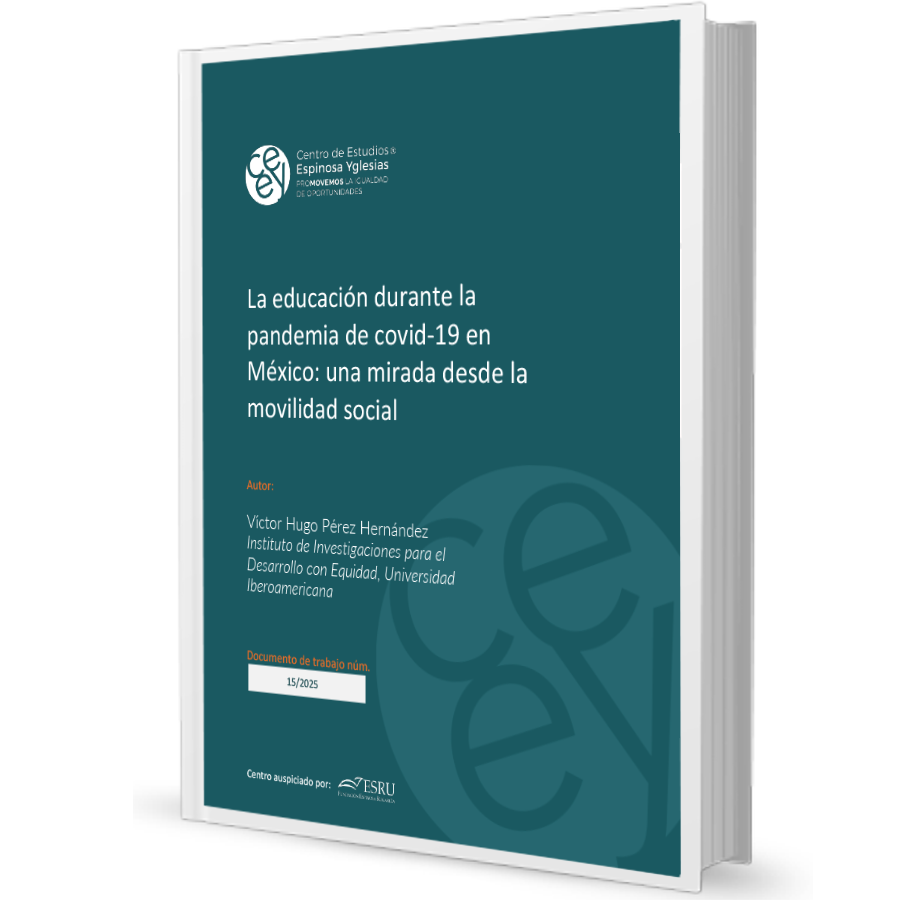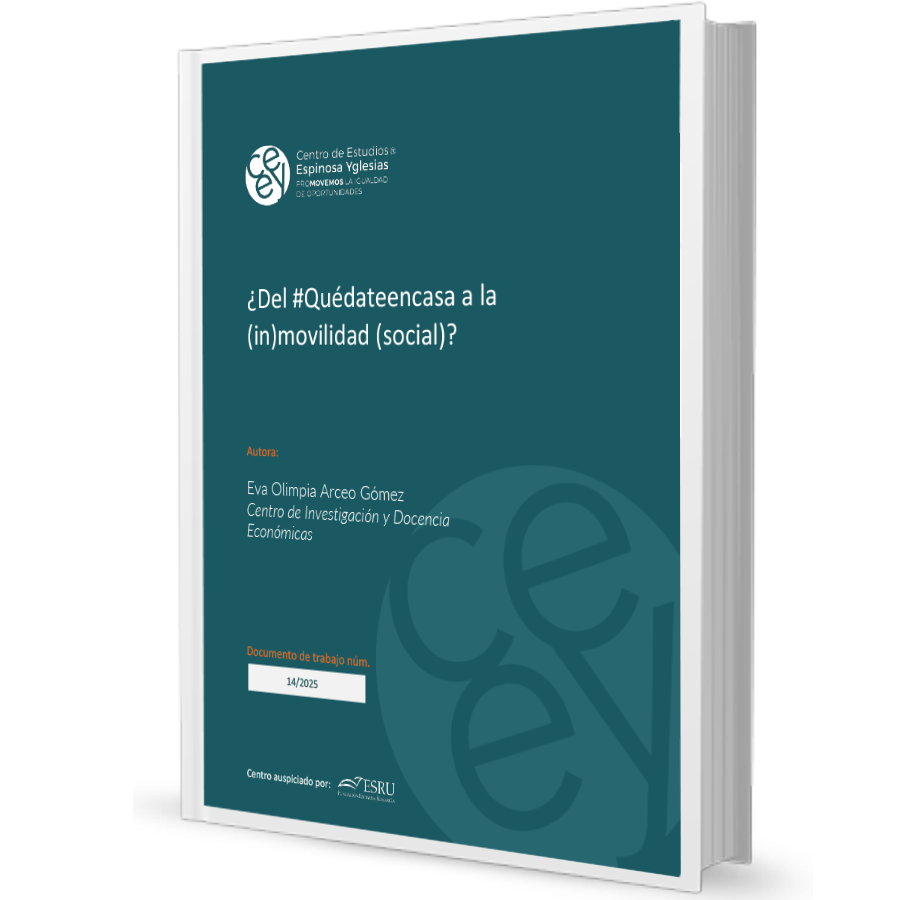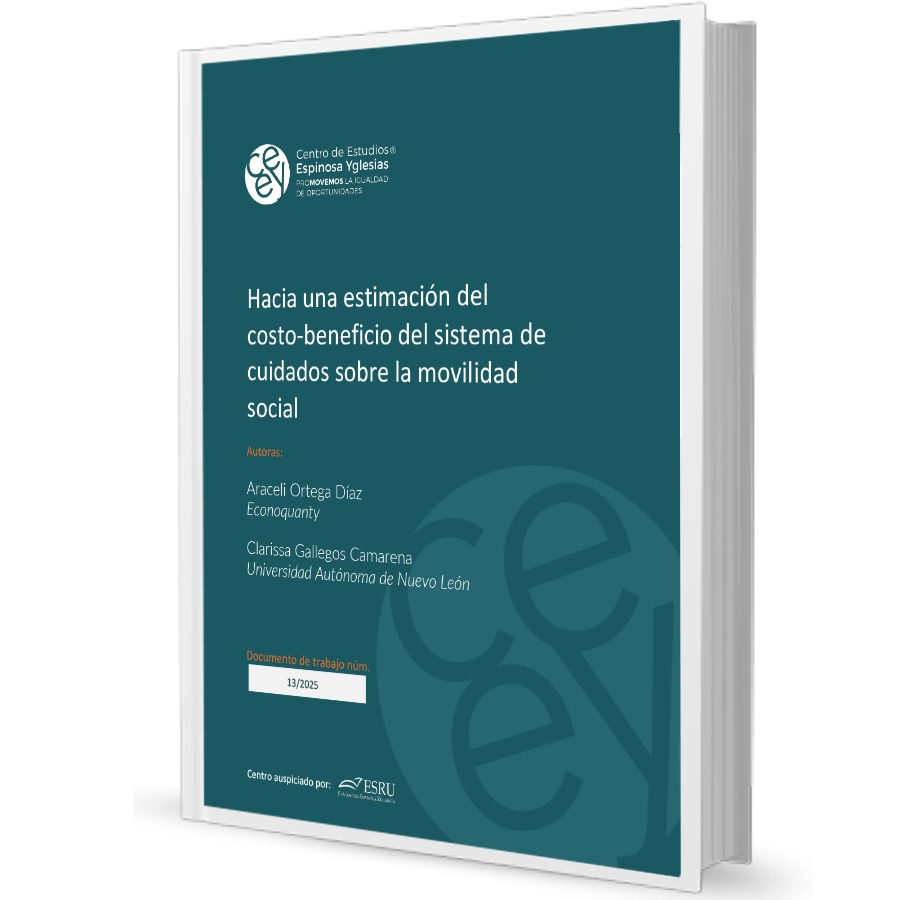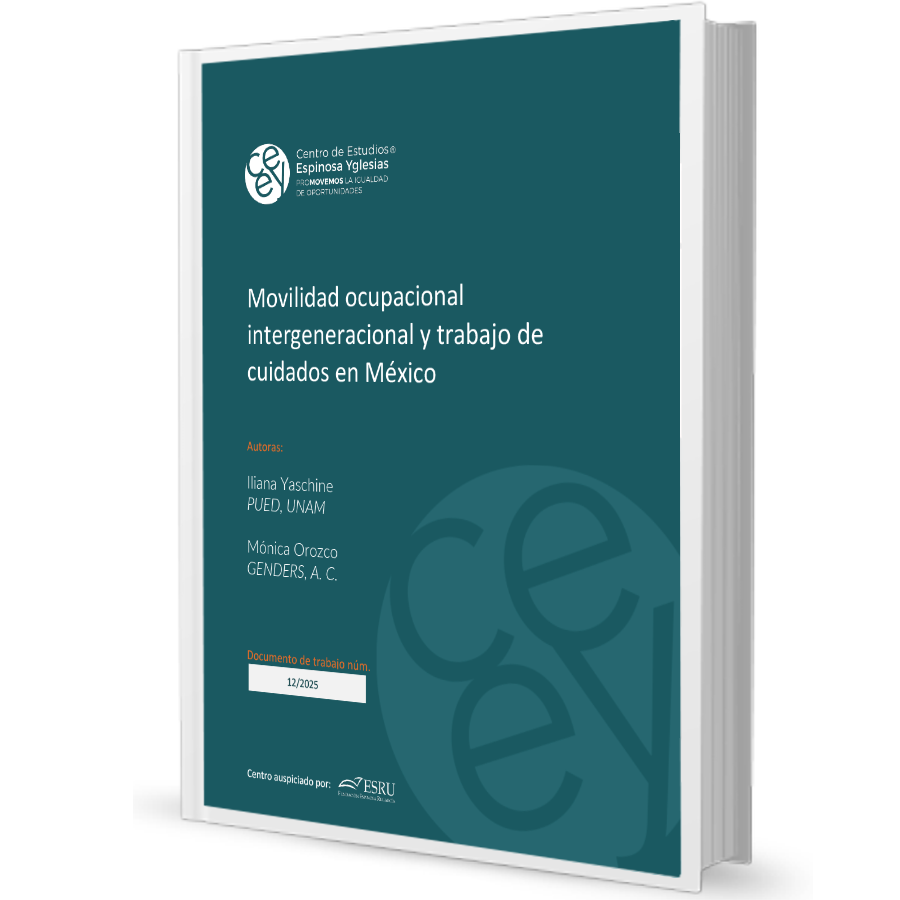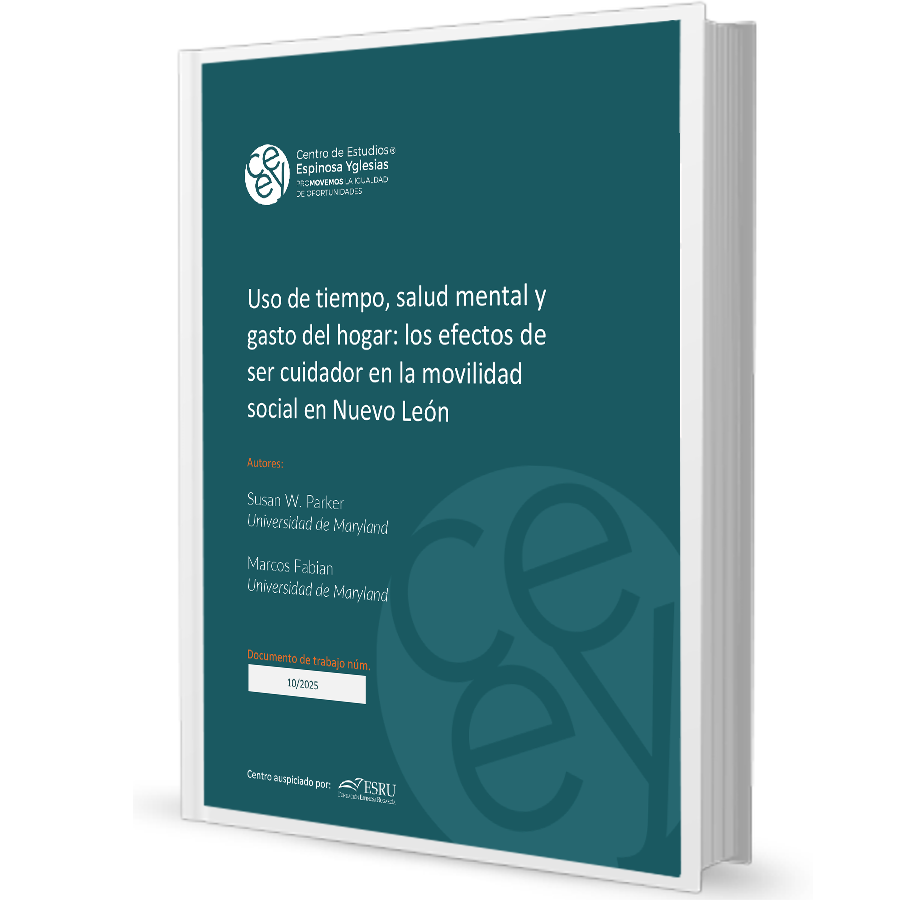
Is Mexico the Limiting Case? Social Mobility in the New Gilded Age
Juan Enrique Huerta Wong
Esra Burak
David B. Grusky
Documento de trabajo CEEY no. 17/2015
The purpose of this paper is to ask whether the «family resemblance» hypothesis within the sociological literature remains plausible in light of evidence from a single case, Mexico, that is seemingly well positioned to call it into question. In carrying out our analysis, the U.S. will serve as the comparison case against which Mexican mobility may be calibrated, an approach that rests on the well-known result that, at least as regards class mobility, the U.S. regime is quite average and unexceptional. Under our simplest meso-class model, the offspring of Mexican managers are 15.6 times more likely to be immobile than mobile, whereas the offspring of U.S. managers are only 2.3 times more likely to be immobile. We likewise find that, when our full multiplicative model is estimated, Mexico proves to be quite rigid at the top of the class structure.

